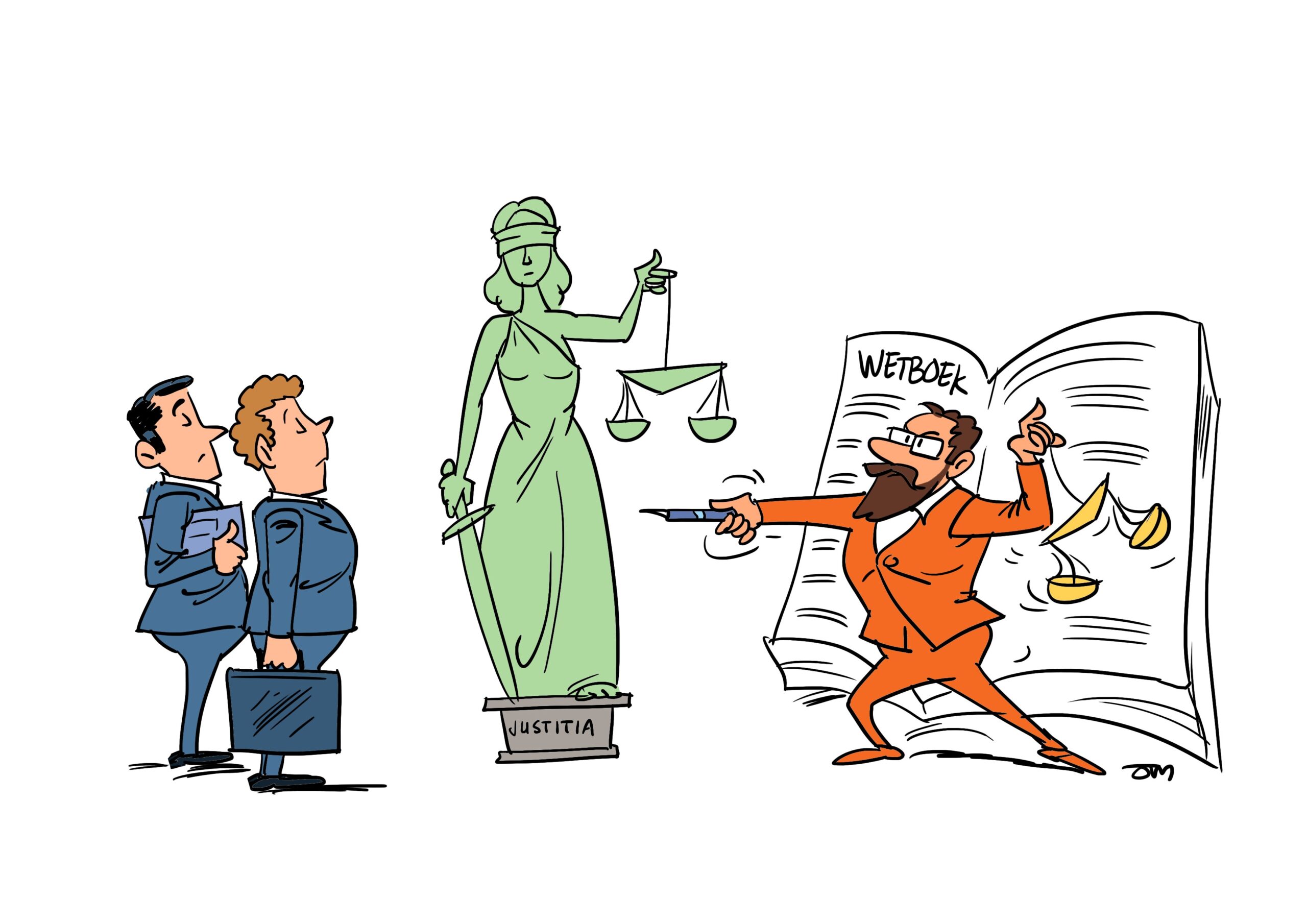The standard recovery period is five years, but in international situations this can be extended to a twelve year period. What is this about?
Recovery period
A recovery period is a period during which the Dutch tax office can go back to adjust your tax base. That is a simplified explanation of the recovery period. The five year period also applies to you. Should you see after a couple of years you can claim back or should have paid tax, you can go back max five years.
The five year period has been introduced many years ago to create peace. Peace in the sense the tax office can only go back so many years. But also for the Dutch tax office, that a tax payer cannot file again the past ten years. That results in a lot of work for our civil servants.
Exception to the rule
The exception to the rule is when you have misbehaved, when you turn out to be fraudulent, when you were very much aware you filed an incorrect tax return. In such cases the Dutch tax office is not limited by the five year period.
International recovery period
In international situations in the old days it took sometimes many months to obtain information from abroad. Hence for international situations the five year period was too short, so extended to twelve years.
In the current digital world where the tax offices of 150 countries are connected, the information flow is often a same day turn around. Some not even a turn around, but information pushed that the Dutch tax office had no idea about.

International recovery period – court case
A father traded motor cross parts on race days of his son and via Ebay. Payments were made cash or Paypal. The paypal income was paid out on a German bank account. None of this was ever reported in the Dutch Value Added Tax return nor the income tax return.
The income source was discovered and the Dutch tax office charged for the period 2003 to 2012 the income tax, the Value Added Tax and a 50% penalty on top.
The father argued that the twelve year recovery period should not be in place, as he always had the intention to file the income, but never did. The Dutch tax office and the court both agreed that the twelve year recovery period was especially introduced for situations like this. The twelve year period remained in place.
Tax-is-exciting
We think tax-is-exciting. For us it is a no brainer to report your global income in the country where you are a tax resident. Some still think income can be hidden, but in this time and age of digitalization I think that this is an old thought. Regardless, rules need to be obeyed.
The day the Dutch tax office discovers the income, you now know they can go back twelve years. You already spend the income, and now you are faced with the tax and 50% penalty. If you cannot pay the tax, you are firmly asked to sell your possessions to cover the tax. The house you own is not save either.
Sorry for the dashes in the middle of the word tax-is-exciting. Apparently Google has a dirty mind and sees only a three letter word that we refer to when we practice to reproduce ourselves. Anything related to that word is spam, hence this devout solution.





